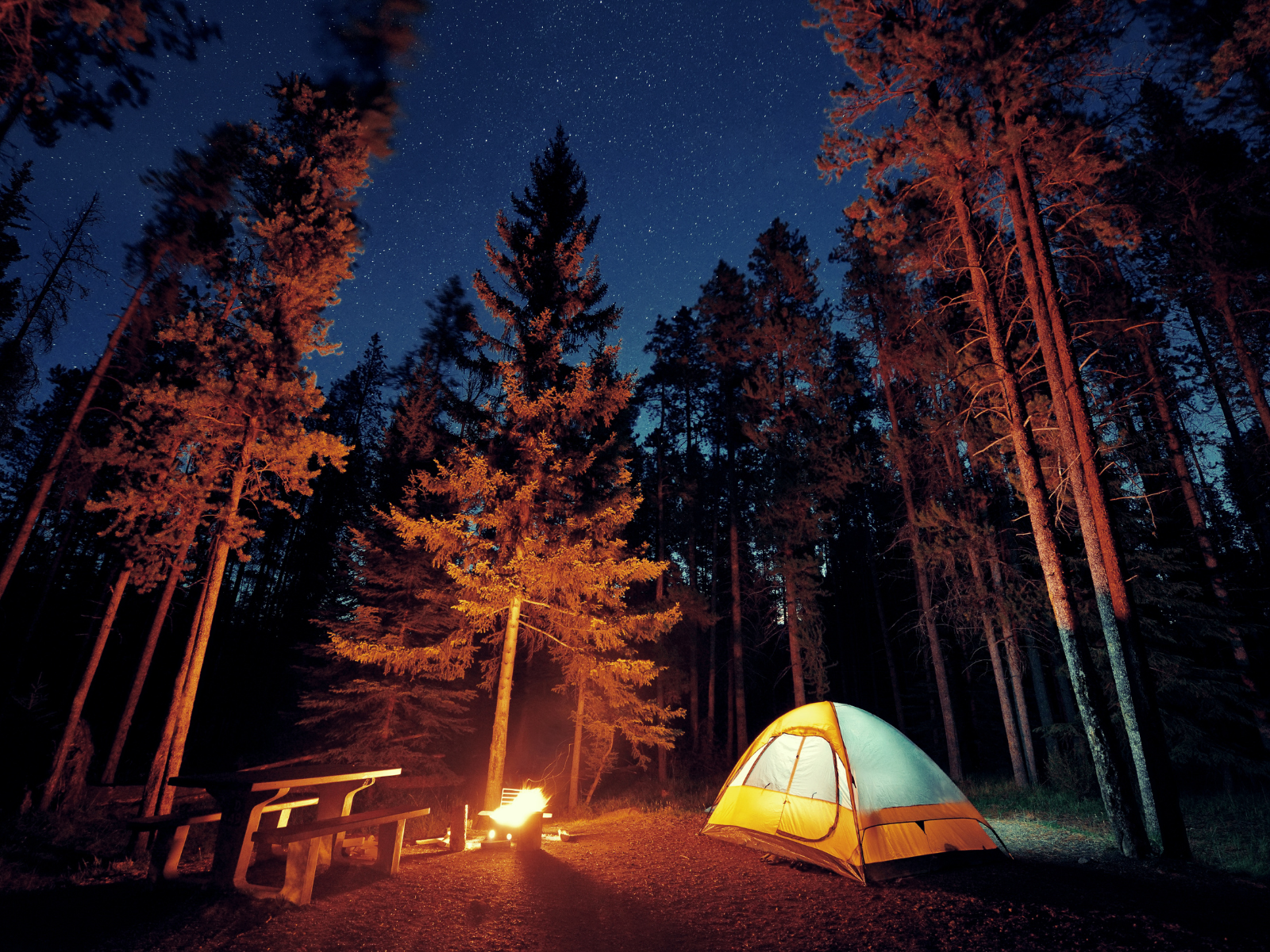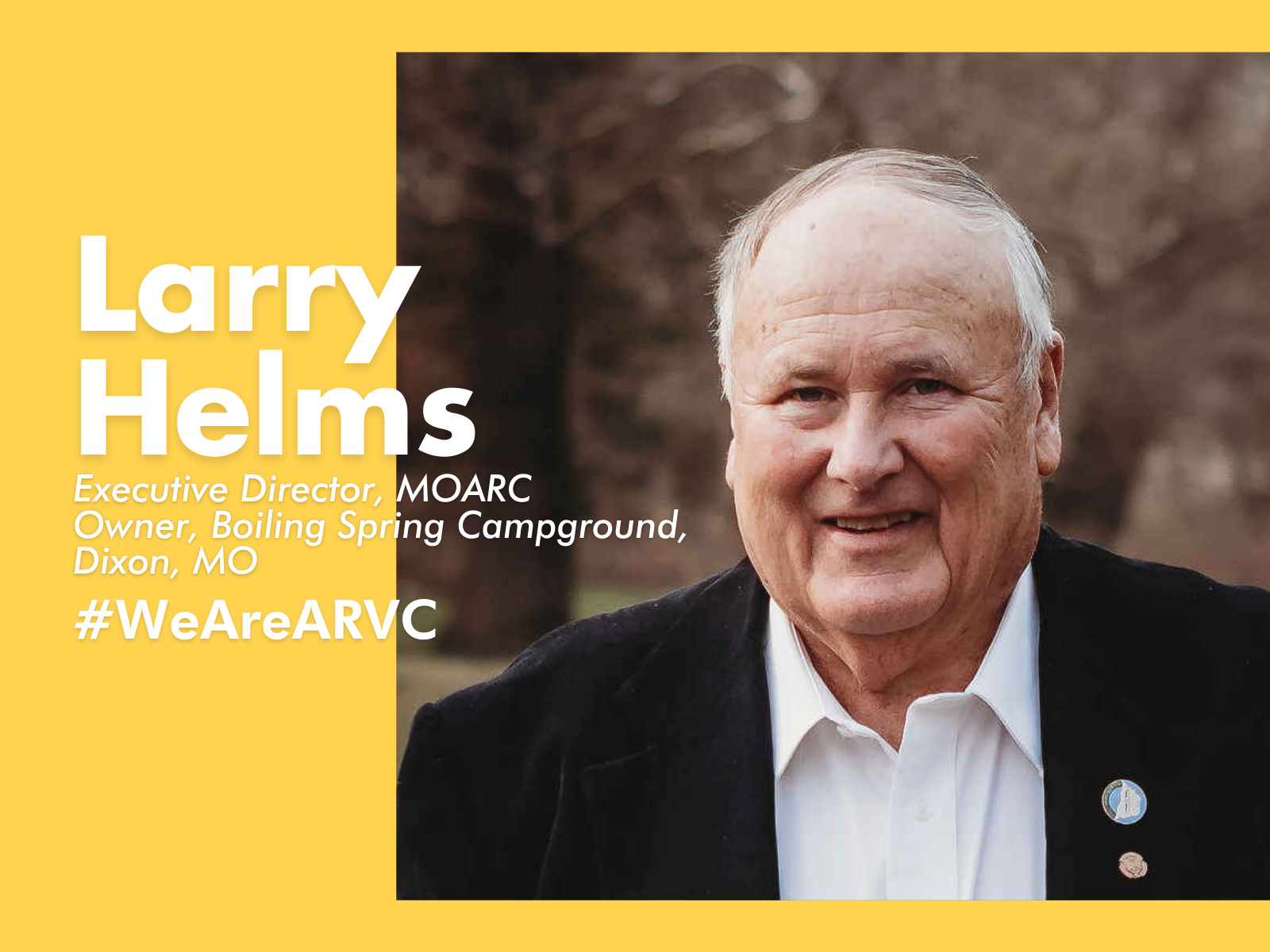Accidents happen at campgrounds all the time. Someone trips on a log while on a hike or burns themselves around the campfire. It happens. These are just some of the inherent risks of camping.
It’s what happens after an accident that can be a body blow to you and the future of your campground.
Accidents happen at campgrounds all the time. Someone trips on a log while on a hike or burns themselves around the campfire. It happens. These are just some of the inherent risks of camping.
It’s what happens after an accident that can be a body blow to you and the future of your campground.
A few months later, an envelope arrives in the mail—it’s a notification of a lawsuit.
know your campground wasn’t negligent in any way, but now it’s too late—you’re the defendant in a lawsuit and a costly process begins.
This scenario happens with regularity all across the country and ARVC is focused on providing a solution for all our members. ARVC is fighting hard for campground immunity laws like the one successfully passed by the Wisconsin State Legislature in 2016.
“ARVC is focused on this as a member benefit because we see enormous value in stemming the tide of frivolous claims and lawsuits for accidents that are not the responsibility of our campground owner members,” says Paul Bambei, president and CEO of ARVC. “These lawsuits often range in the tens of thousands of dollars or more and are rarely won without the benefit of this type of immunity law.”
Bert Davis, owner of Badgerland Campground in Stoughton, Wis., says the immunity law in Wisconsin has given campground owners across the state peace of mind that a frivolous lawsuit won’t endanger their ability to provide a priceless experience for their campers.
“This law helps protect our parks in Wisconsin and by default also helps keep the quality time spent with family and friends a main priority to our owners and managers,” Davis says.
“Using the momentum from Wisconsin, ARVC has teamed up with lawyer Mark Hazelbaker, who played a major role in the immunity law’s passage in the state, to create a toolkit to help other states recreate the success seen in Wisconsin.
“What we’re trying to do is give campgrounds the ability to innovate and expand without the fear of being sued by campers when the campground owners have simply provided the experience the campers were looking for in the first place,” Hazelbaker says. “It’s like this. If you go into a boxing ring and put on gloves and someone punches you, you shouldn’t be able to sue them. That’s the experience you wanted when you stepped into the ring. These laws provide the same type of protections to campground owners based on the inherent dangers of camping.”
Davis says Hazelbaker’s knowledge of the law and how state governments work was a vital part of the success in Wisconsin, and mixed with the power ARVC has in numbers, he sees a golden opportunity in other states.
“Government is a very complicated animal. Most of us don’t want to deal with it because we don’t understand its complexity,” Davis says. “Good laws that serve a great purpose take time, following the correct procedure, and getting it to the right person to sponsor it. Those were the three big things I witnessed that had to happen to make it law in Wisconsin. So, having the ARVC toolkit is a huge leg up we didn’t have in Wisconsin. It’s great ARVC is taking what worked in Wisconsin and tailoring it to work in other areas.”
Pete Brown, owner of Lone Oak Campsites in East Canaan, Conn., is no stranger to frivolous lawsuits, so he jumped at the chance to help get immunity laws passed in Connecticut.
“Trial lawyers hate this law and have fought it successfully in New Hampshire recently,” Brown says. “Listen, we’re campground owners, we’re not lawyers. We need people like Mark Hazelbaker on our side. We need organizations like ARVC looking out for our best interests and advocating for us, but we have to get involved too. There is power in numbers when a law is on the table and a bunch of campground owners show up in support.
“There’s an old saying, ‘You’re either at the table, or on it,’ so sure I wanted to get this started in Connecticut. We’re learning from what worked in Wisconsin and what didn’t in New Hampshire. The process is in its infancy here, but it’s moving forward.”
Another benefit Brown sees coming down the road is lower insurance rates for campground owners.
“I could definitely see insurance rates going down in the future,” Brown says. “Less liability will bring the small insurance companies back into the market. More competition should drive down rates.”
There are numerous benefits, but ultimately these immunity laws allow campground owners to focus on what’s really important—the camper’s experience. “One of the bonuses of being in the campground industry is we provide a chance for family and friends to share quality time outdoors—it’s a priceless experience and as owners we help make that happen,” Davis says. “But camping brings with it some unforeseen hazards. This law greatly improves the odds of not getting sued.”
Hazelbaker is quick to remind campground owners that getting a law passed isn’t an overnight process.
“In Wisconsin we started drafting legislation in 2014 and it was finally passed in 2016,” he says. “It was two years of solid efforts focused on the bill from concept to passage.”
That’s why Brown isn’t wasting any time in Connecticut.
“I’ve already talked with my state rep, but it’s not an overnight deal. I know that,” he says. “It could take a year, maybe two, so the sooner we start the process the better.”
Interested in Getting Started in Your State?
The toolkit will be available this fall and will include step-by-step guidelines for working with state legislatures as well as draft legislation that can literally be handed to your state legislature representatives.
“ARVC has taken upon itself the cost and responsibility to work with Mark Hazelbaker who has the only track record in the country of establishing this legislation as a benefit to our members,” Bambei says. “ARVC would now like to assist every state it has a relationship with that wishes to pursue legislation on their own by making this toolkit available.”
To get involved in your state, you can start by contacting ARVC’s public affairs department, which is eager to help efforts to get a campground immunity law passed in as many states as possible. Contact Jeff Sims, senior director of Senior Director of State Relations & Program Advocacy, at jsims@arvc.org or 303-681-0401 x 110 to get started today.






Leave A Comment